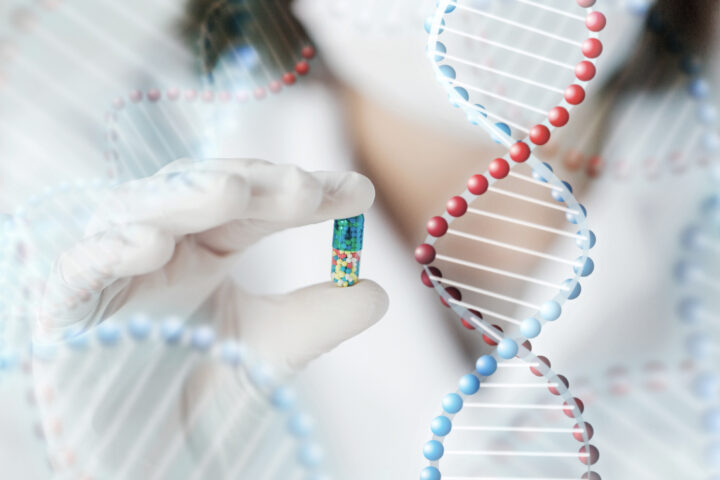What is Rapamycin?
Rapamycin, also known as sirolimus, is a fascinating drug with a storied history and a promising future. Discovered on Easter Island (Rapa Nui) in the 1970s, rapamycin is primarily used as an immunosuppressant to prevent organ transplant rejection. It operates by inhibiting the mechanistic target of rapamycin (mTOR) pathway, a crucial regulator of cell growth, proliferation, and survival (Med Xpress) (MPR News).
Rapamycin’s Potential in Human Aging
Rapamycin’s ability to modulate the mTOR pathway has sparked significant interest in its potential to extend lifespan and improve healthspan. Studies in animals, such as mice, have shown that rapamycin can increase lifespan and delay the onset of age-related diseases, including Alzheimer’s and cardiac diseases. These findings suggest that rapamycin might help in staving off or delaying the initiation of these conditions in humans (Med Xpress) (MPR News).
Exploring the Paper: Major Outcomes
Study Overview
A recent study published in GeroScience delved into the off-label use of rapamycin and its impact on oral health. The researchers conducted a secondary data analysis of survey responses from 333 adults using rapamycin. The primary focus was to evaluate the incidence of mouth sores and overall oral health changes among these users.
Key Findings
- Mouth Sores Incidence: Contrary to prior expectations, the study found no significant correlation between rapamycin use and the incidence of mouth ulcers. Only a small percentage of users reported persistent ulcers, while most reported intermittent, transient ulcers that resolved over time.
- Positive Oral Health Changes: Some users experienced positive changes in oral health, such as improved periodontal health and fewer cavities. These findings suggest that rapamycin might have beneficial effects on oral health beyond its known immunosuppressive properties.
- Case Studies: Dental x-rays analyzed with an FDA-approved AI platform showed no detectable bone loss among rapamycin users over a period of 1-4 years. This finding is significant as periodontal bone loss is a marker of periodontal disease.
Rapamycin and Oral Health: What the Latest Research Says
While the study provides encouraging data, it’s essential to contextualize these findings within the broader landscape of rapamycin research. Ongoing studies are exploring rapamycin’s potential to slow down aging and improve healthspan in humans. For instance, researchers are investigating whether rapamycin can delay menopause and improve fertility by slowing ovarian aging (Med Xpress).
The Future of Rapamycin in Anti-Aging and Oral Health
Rapamycin stands at the forefront of anti-aging research, showing promising results in extending lifespan and enhancing healthspan in animal models. While its off-label use for oral health and aging in humans is still under scrutiny, the initial findings are promising. Regular dental check-ups and further clinical trials will be crucial in understanding and harnessing the full potential of rapamycin for improving human health and longevity.
Sources
- Hudson, J., et al. (2024). Evaluation of off-label rapamycin use on oral health. GeroScience. https://doi.org/10.1007/s11357-024-01221-0
- Medical Xpress. (2024). Advances in anti-aging: Rapamycin shows potential to extend lifespan and improve health. https://medicalxpress.com/news/2024-08-advances-anti-aging-rapamycin-potential.html
- MPR News. (2024). Rapamycin may slow aging. Here’s one way the drug will be tested. https://www.mprnews.org/story/2024/08/rapamycin-may-slow-aging-heres-one-way-the-drug-will-be-tested











